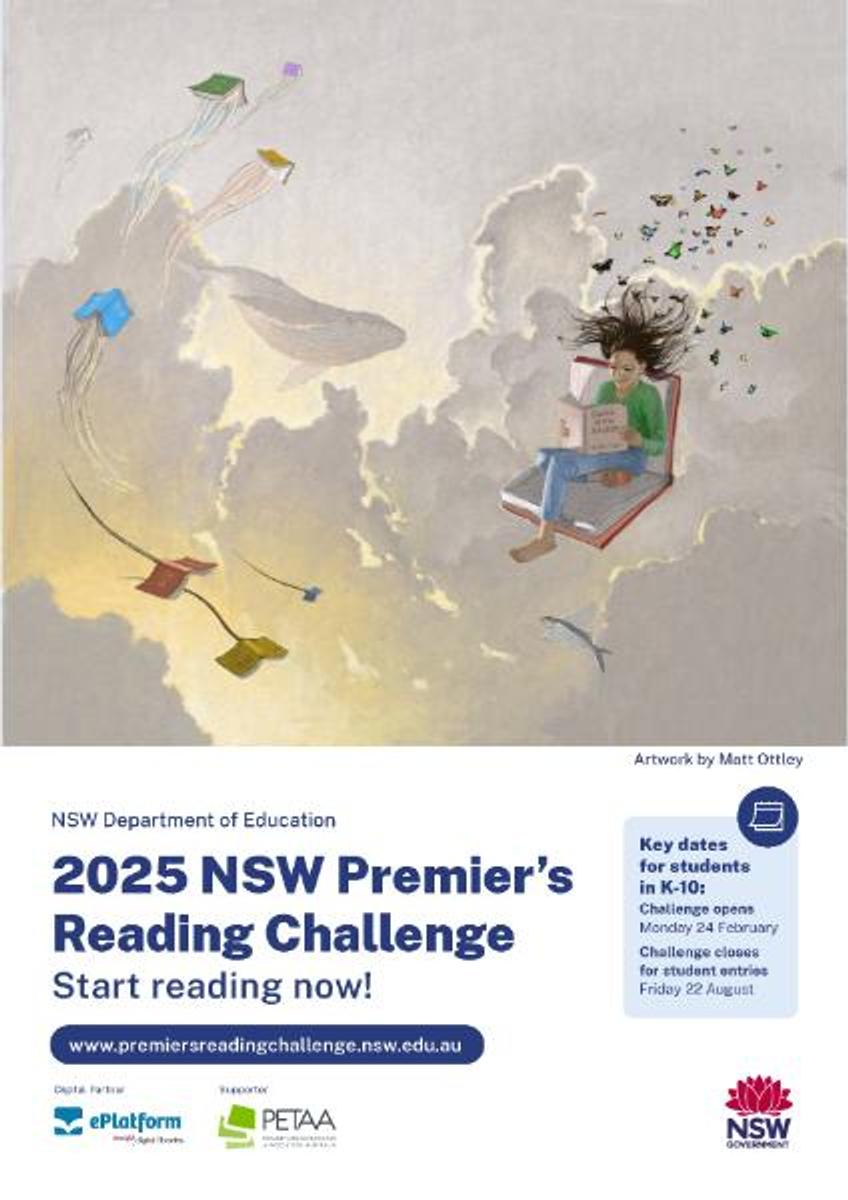Whole School News
Fortnightly Social Social Skill
No Hat No Play
Lunch Box Ideas
Safer Internet Day

Whole School News
Fortnightly Social Social Skill
No Hat No Play
Lunch Box Ideas
Safer Internet Day
Effective Listening Skills
Effective listening skills are crucial for students as they significantly impact their academic success, social interactions, and overall personal development. Here are some key reasons why these skills are important:
Importance of Effective Listening Skills
Enhanced Comprehension: Good listening skills help students understand and retain information better, which is essential for learning in the classroom.
Critical Thinking: Listening involves analysing and evaluating information, which fosters critical thinking skills and helps students engage with content more deeply.
Improved Communication: Listening is a fundamental component of effective communication. Students who listen well can respond appropriately and engage in meaningful conversations.
Social Skills Development: Effective listening promotes empathy and respect in interactions, helping students build stronger relationships with peers and adults.
Conflict Resolution: Students who listen well are better equipped to understand different perspectives, which can aid in resolving conflicts amicably.
Ways to Develop Listening Skills
At school we are working with the students to develop their effective listening skills by doing the following;
Specific and Intentional Teaching: Teaching students what effective listening skills are; what it looks like, sounds like and feels like when someone is using effective listening skills. Each morning students are participating in varied and engaging lessons about effective listening.
Model Active Listening: Demonstrate good listening behaviours in the classroom, such as maintaining eye contact, nodding, and providing feedback.
Incorporate Listening Activities: Use activities that require students to listen attentively, such as storytelling, debates, or group discussions. Follow these activities with questions to assess comprehension.
Create a Supportive Environment: Foster a classroom culture where students feel safe to express their thoughts and opinions, encouraging attentive listening among peers, including not interrupting others when they are speaking as this demonstrates that one isn’t listening!
Use Multimedia Resources: Incorporate audio and video materials that require students to listen closely, followed by discussions or reflections to reinforce understanding.
Teach and consolidate strategies like summarising, questioning, and clarifying to help students process information effectively.
When we all work together (school/students and families) to achieve goals we have a more likelihood of success. Here are some ideas for how you can help your child develop their effective listening skills at home.
For Families:
Practice Active Listening at Home: Encourage family discussions where parents model active listening, showing interest and engagement in their child’s thoughts and feelings.
Limit Distractions: Create a conducive environment for conversations by minimising distractions (e.g., turning off devices) to focus on listening.
Encourage Questioning: Teach children to ask questions for clarification and deeper understanding during conversations, fostering a habit of engaging with the speaker.
Read Together: Engage in reading activities where family members take turns reading aloud, followed by discussions about the content to enhance comprehension and listening skills.
Play Listening Games: Use games that require listening skills, such as “Simon Says” or “Telephone,” to make the development of these skills fun and interactive.
By emphasising the importance of effective listening and incorporating these strategies, both teachers and families can play a vital role in helping students develop strong listening skills that will benefit them throughout their lives.
Aussie of the Month award will be awarded to a student who the staff nominate and vote upon as demonstrating the greatest develop in using effective listening skills in Week 4 assembly. Students shall also be rewarded with demonstrating effective listening skills with merit certificates, respect raffle tickets and verbal feedback.
Please ensure that your child has a school hat for use whenever outside every day at school.
Students who do not have a hat at school will be asked to remain in the shaded areas during break times as part of our no hat / no play policy.
Good for kids good for life, supports Niangala school with regular lunch box snippets. It is difficult to keep lunch boxes healthy, exciting and to limit waste but with some of these tips it might make it easier.

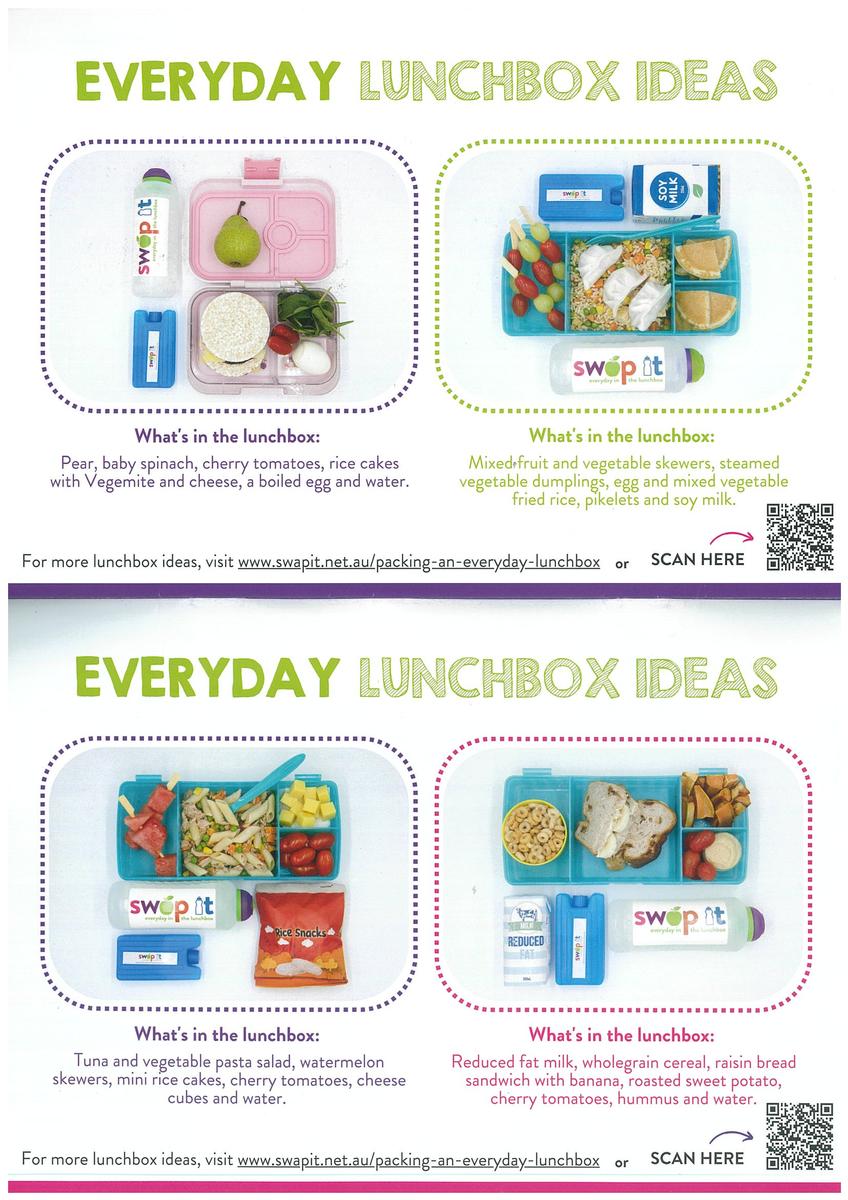



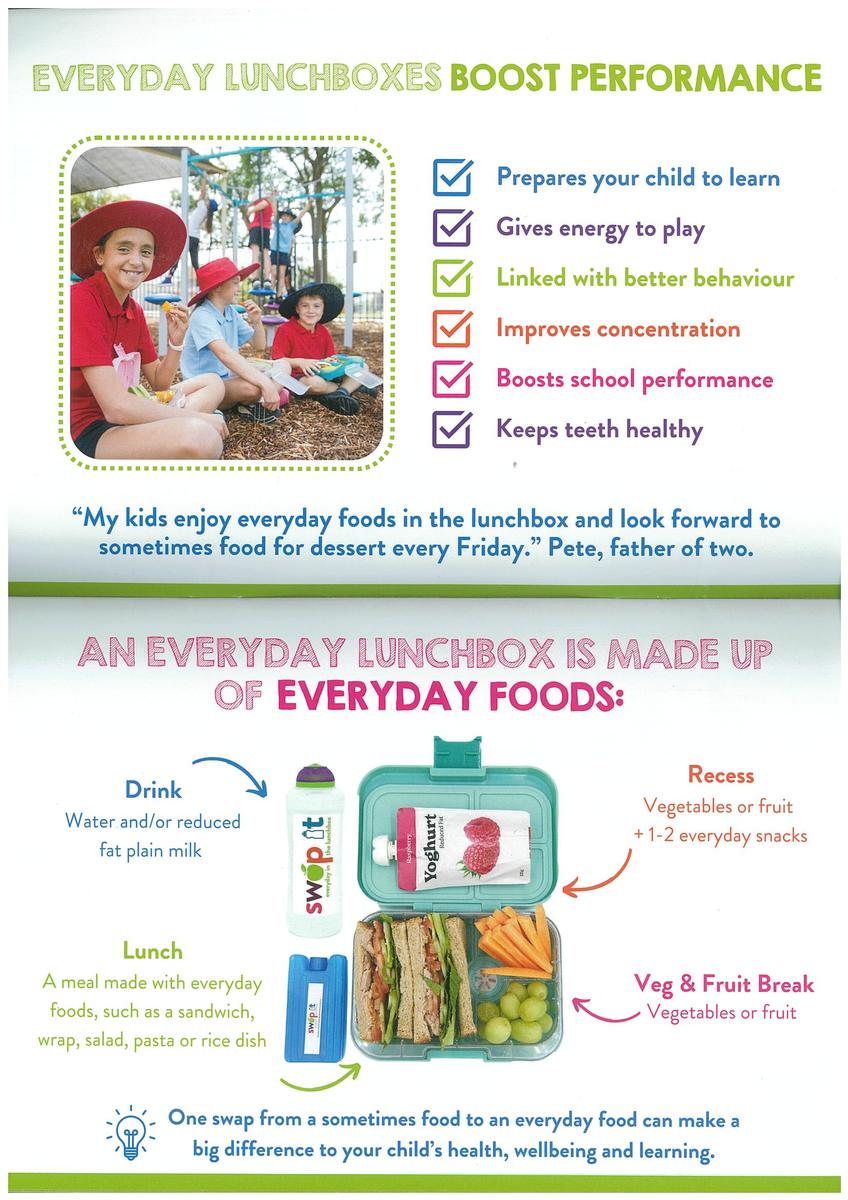
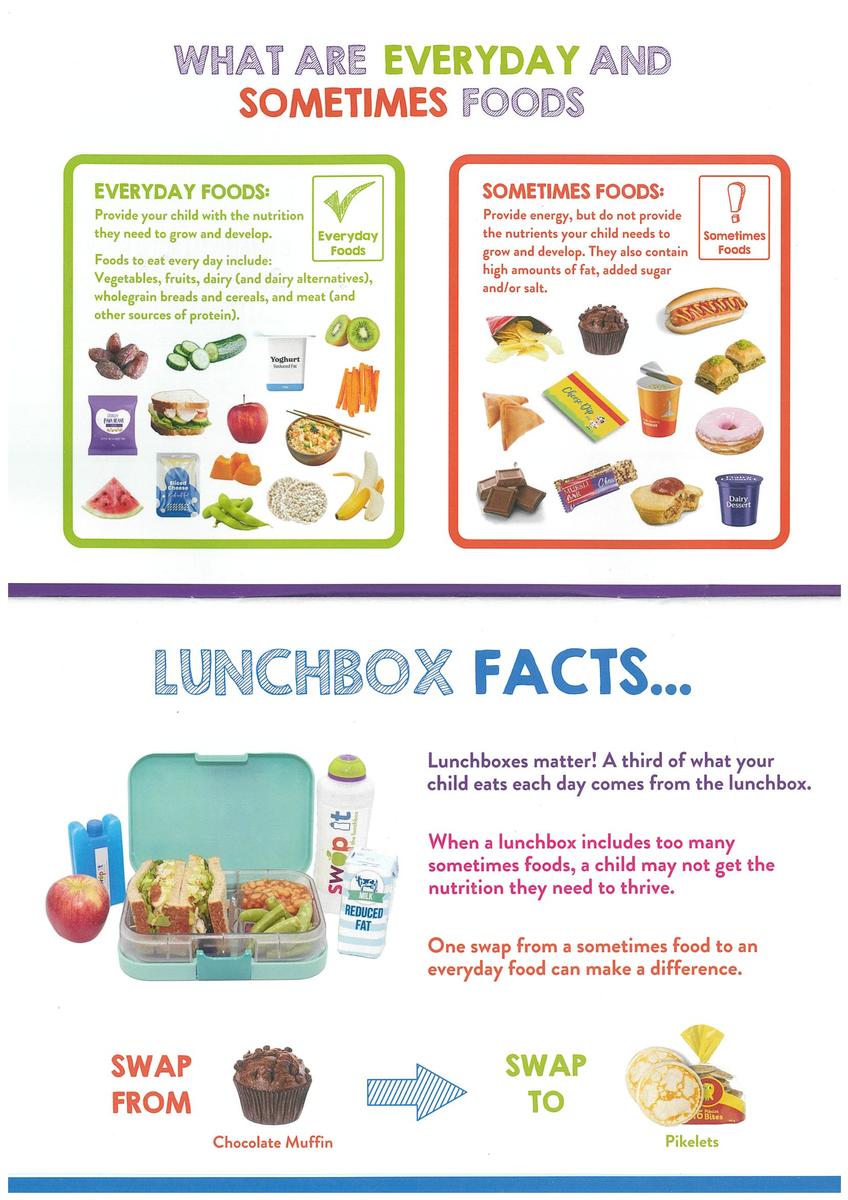



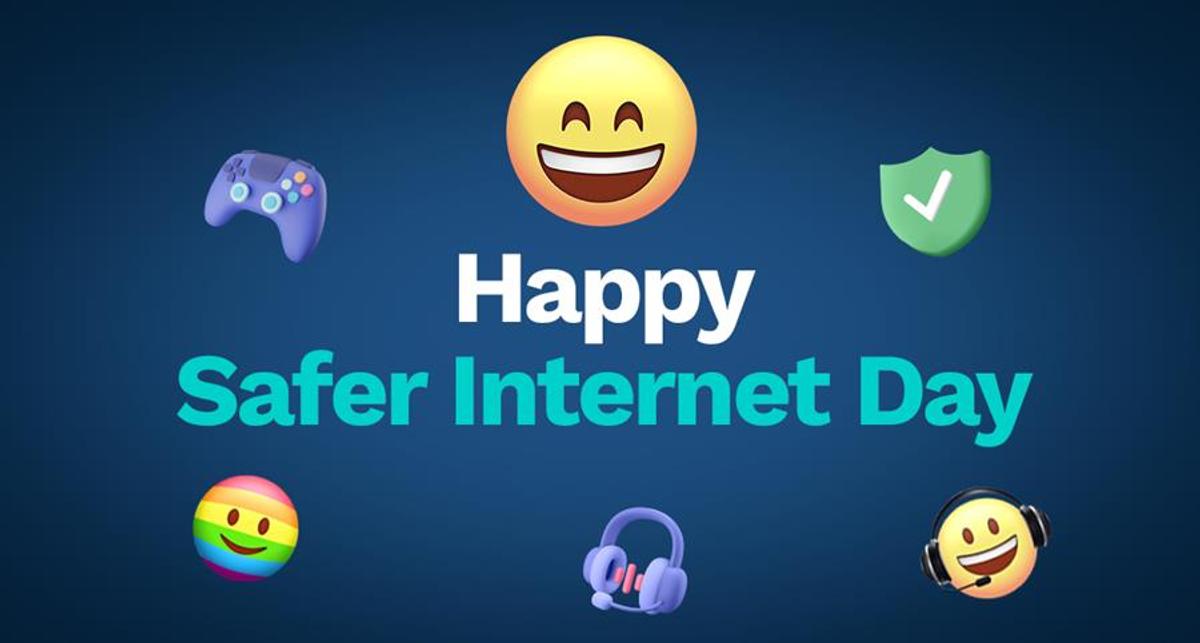

Safer Internet Day 2025 is a great opportunity to start online safety conversations with children, young people and families.
Keeping children and young people safe online is a shared responsibility. Families and the organisations and services that support them can work together so that children can thrive online.
The attached link leads you to resources provided by the eSafety Commissioner. The site provides useful conversation starters, great safety tips and resources for all ages.
https://www.esafety.gov.au/newsroom/whats-on/sid/communities-and-families
https://www.esafety.gov.au/kids
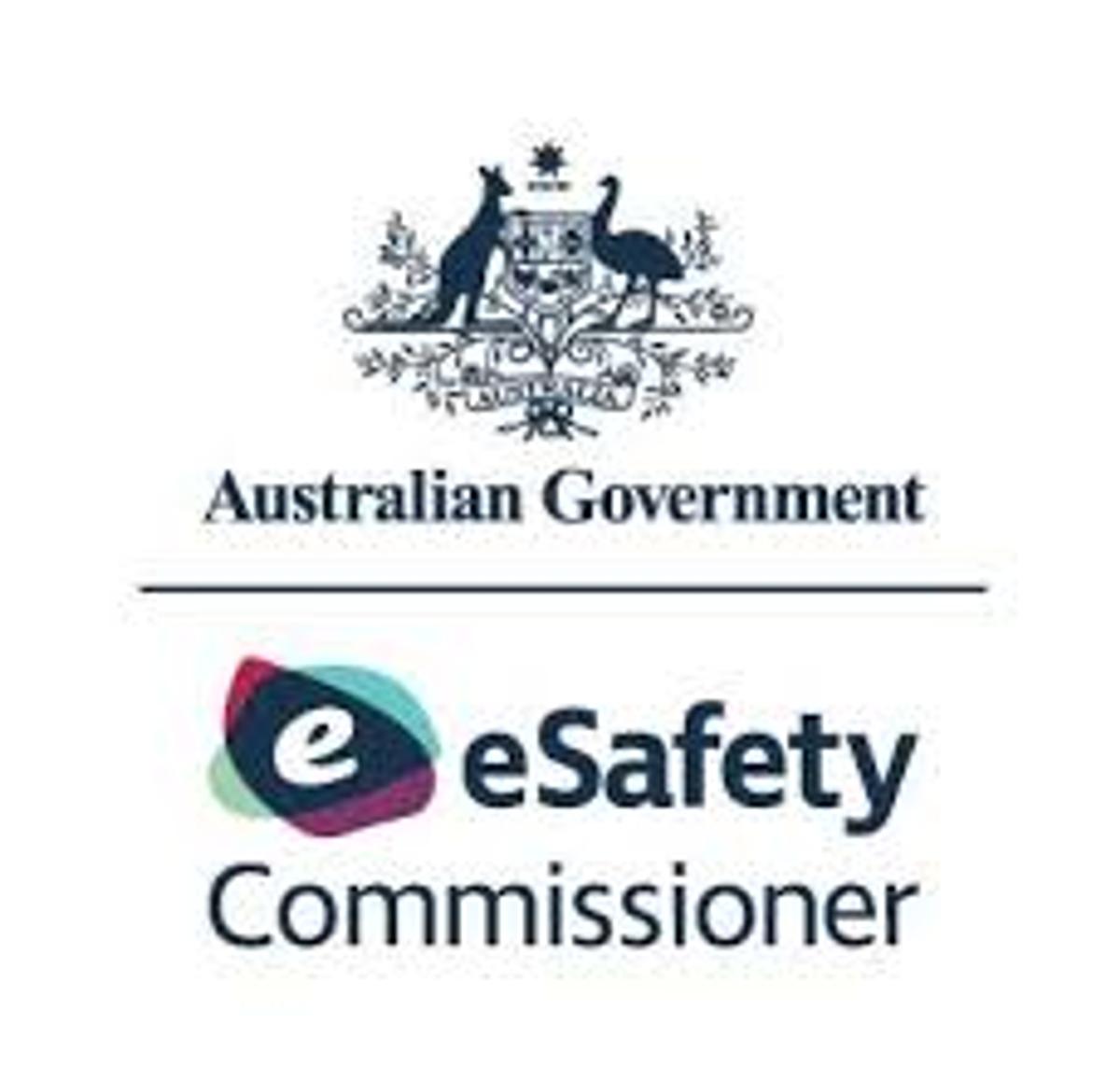

Welcome to the NSW Premier's Reading Challenge
The Challenge aims to encourage a love of reading for leisure and pleasure in students, and to enable them to experience quality literature. It is not a competition but a challenge to each student to read, to read more and to read more widely. The Premier's Reading Challenge (PRC) is open to all NSW students in Kindergarten to Year 10, in government, independent, Catholic and home schools.
2025 Challenge dates
Challenge opens: Monday 24 February 2025
Challenge closes to students: Friday 22 August 2025
Niangala school students will participate in the 2025 challenge. Mrs Hunt will co-ordinate and assist the children with their books and we encourage parents to be a part of the reading experience.
